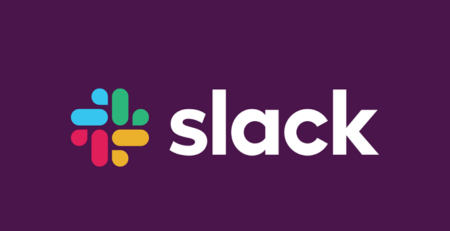A beginner’s guide to Lithuanian business accounting: What you need to know (0)
Starting a business in Lithuania can be an exciting venture, but it comes with its own set of challenges—one of the most critical being accounting. Understanding the basics of business accounting, staying compliant with tax regulations, and setting up a smooth financial system are essential steps for new entrepreneurs. In this guide, we’ll walk you through the fundamentals of Lithuanian business accounting and show how SimplBooks can help simplify the process.
Why accounting matters for entrepreneurs
Good accounting is the foundation of every successful business. It allows you to keep track of your income and expenses, ensure legal compliance, and manage your cash flow effectively. For Lithuanian businesses, staying compliant with national accounting and tax regulations is crucial to avoid fines or penalties. Inaccurate accounting could not only impact your financial health but also hurt your reputation with investors, customers, and tax authorities.
Key accounting basics in Lithuania
To start, let’s cover some essential accounting terms and practices you’ll encounter as an entrepreneur in Lithuania.
- Double-entry accounting system
Lithuania follows the double-entry accounting system, which means every transaction affects two accounts—one is debited, and the other is credited. This system ensures accuracy and reduces the chances of errors in financial records. - Chart of accounts
Every business must maintain a chart of accounts (COA), which is a list of all accounts used to record transactions. This typically includes categories like assets, liabilities, equity, income, and expenses. - Bookkeeping requirements
Lithuanian businesses are required to maintain accurate financial records for tax purposes. This includes tracking all invoices, receipts, and transactions throughout the financial year. - Financial reporting
Companies need to prepare regular financial reports, including a balance sheet, income statement, and cash flow statement. These are typically required for tax filings and for tracking the business’s financial health.
Lithuanian tax requirements for businesses
Tax compliance is a key aspect of running a business in Lithuania. Here are some of the major taxes you should be aware of:
- Value-added tax (VAT)
Most businesses in Lithuania are subject to VAT, which is currently set at 21%. VAT is charged on the sale of goods and services, and businesses must report and remit VAT to the tax authorities. Companies that exceed a specific annual turnover threshold are required to register for VAT. - Corporate income tax (CIT)
Corporate income tax is applied to company profits. In Lithuania, the standard CIT rate is 15%, but small businesses with fewer than 10 employees and a turnover of less than €300,000 per year can qualify for a reduced rate of 5%. - Personal income tax (PIT) and social contributions
If your business has employees, you’ll also be responsible for withholding personal income tax (PIT) and social contributions. This applies to employee salaries and benefits.
How to set up a smooth financial system with SimplBooks
Managing your accounting manually or with outdated systems can be overwhelming, especially for new entrepreneurs. This is where SimplBooks can make a real difference. SimplBooks offers a modern, cloud-based accounting solution tailored to meet the needs of Lithuanian businesses. Here’s how it can help you stay organized and compliant:
- Automated bookkeeping
SimplBooks takes the hassle out of bookkeeping by automatically tracking your income, expenses, and invoices. This ensures that your financial records are always up to date, reducing the risk of errors. - VAT and tax management
SimplBooks simplifies the VAT reporting process, automatically calculating your VAT liability and preparing the necessary reports for submission to the tax authorities. This saves you time and ensures accuracy in your tax filings. - Financial reporting made easy
With SimplBooks, you can generate detailed financial reports at the click of a button. Whether you need a balance sheet, income statement, or cash flow report, SimplBooks provides real-time insights into your business’s financial health. - User-friendly interface
SimplBooks is designed to be simple and intuitive, even for those with no prior accounting experience. You can access your accounts from any device with an internet connection, allowing you to manage your business’s finances from anywhere. - Warehouse and inventory management
For businesses that need to manage inventory, SimplBooks also offers integrated warehouse management features, allowing you to track stock levels and link inventory data to your financial accounts.
Accounting doesn’t have to be intimidating, even for new entrepreneurs. By understanding the basic accounting principles and staying compliant with Lithuania’s tax regulations, you’ll set your business up for long-term success. SimplBooks makes this process easier, offering an affordable, easy-to-use solution that covers all your accounting, invoicing, and inventory management needs.
More automated accounting for your company!
A more advanced and easy accounting software SimplBooks with over 20,000 active users – register an account and you can try 30 days free (no credit card needed). Or try our demo version!




Leave a Reply